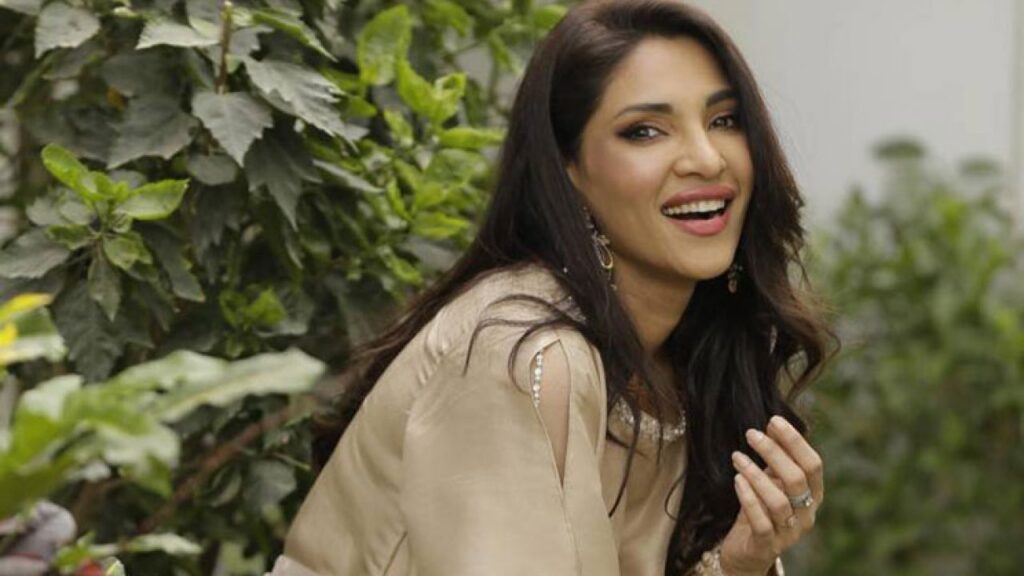- Web
- Feb 02, 2026
Zhalay Sarhadi gets candid about ‘Mera Jism Meri Marzi’ and feminism in Pakistan
-

- Hum News
- Sep 28, 2023

ISLAMABAD: Popular actress Zhalay Sarhadi has taken a bold stance on the feminism in Pakistan, shedding light on her perspective regarding the controversial slogan, ‘Mera Jism Meri Marzi’.
During an interview, Sarhadi expressed her disappointment at the misconceptions that have plagued interpretation the interpretation of the slogan.
“It has nothing to do with clothing. It has to do with [how] you cannot do anything to my body without my consent,” she asserted.
Since its rise during the first Aurat March in Karachi back in 2018, the slogan has consistently found itself embroiled in controversy. Feminist activists and advocates have repeatedly emphasised its role in spotlighting critical issues such as reproductive rights, gender-based violence, and consent education. Despite the clarifications, the slogan continues to be erroneously portrayed as a Western ploy aimed at undermining traditional values.
Read More: “95 percent safer” Vapes, 100% directly harmful
During the interview, Sarhadi also shared her concerns regarding the broader discourse surrounding the Aurat March. She asserted that the movement needs to refine its communication strategy to effectively convey its demands to the public.
Meanwhile, the Jalebi actress cautioned against excessive aggression within feminist spaces, arguing that it can divert attention from pressing issues and deter potential allies. She explained that even well-intentioned slogans like ‘Mera Jism Meri Marzi’ have been subjected to unwarranted misinterpretation, leading to unnecessary controversy.
Sarhadi did not stop at critiquing the misconceptions around the Aurat March but also addressed the varying attitudes towards feminism in Pakistan.
She dismissed the “distorted” and “warped” views associated with the movement and urged individuals to embrace the feminist label if they believe in equal rights for all. In her words, “If you believe everyone should have equal rights, then you’re a feminist.”




